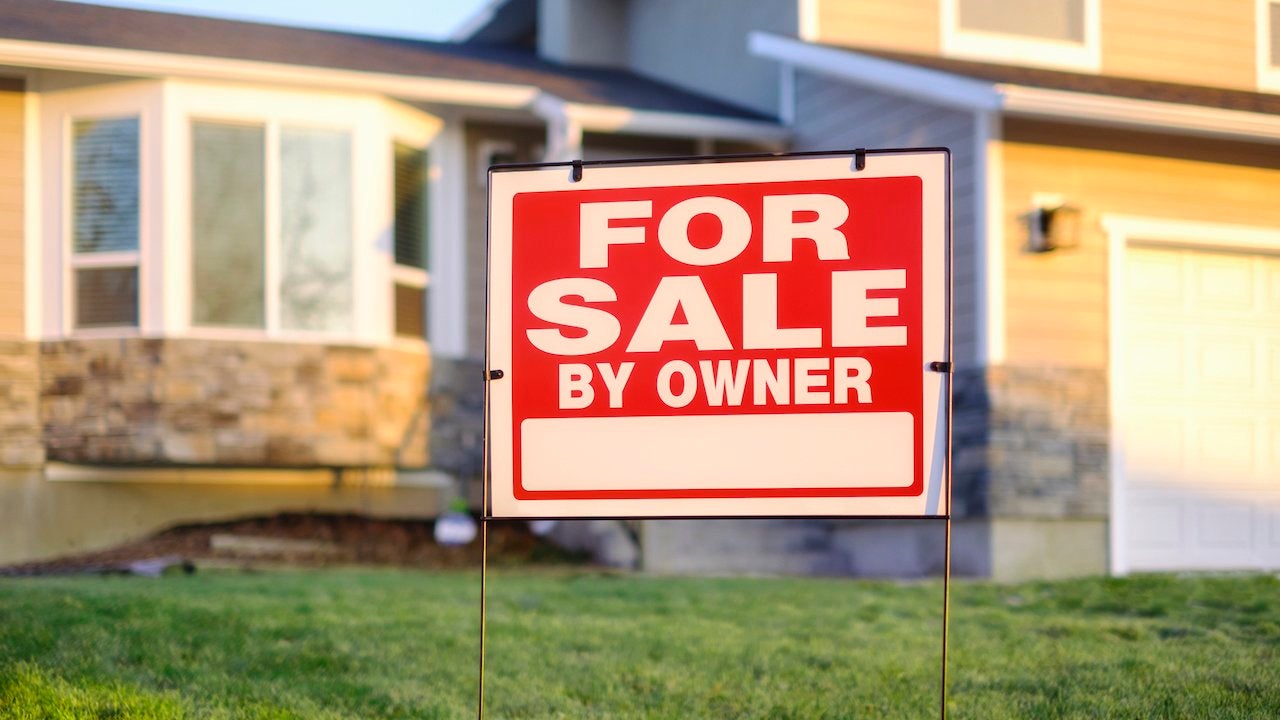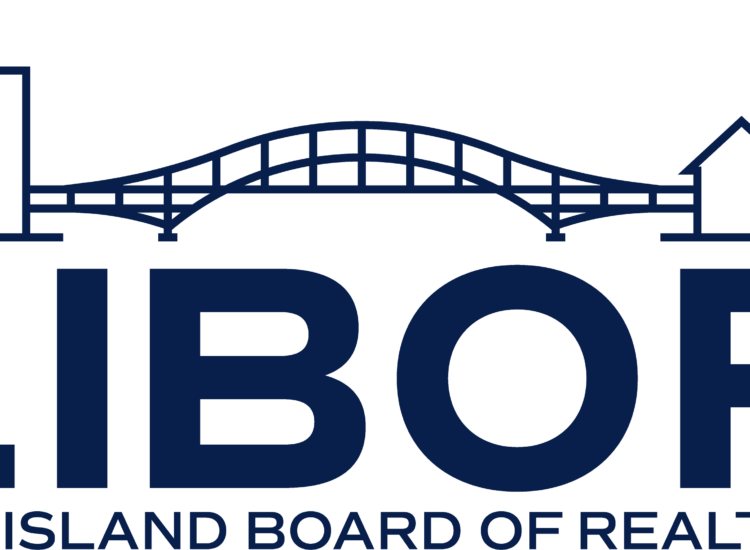Defining Your House Hunting Criteria

The key to a successful house hunt is a clear set of criteria. Your search will be shaped by the location, type of house, and financial considerations that matter most to you.
Location, Location, Location
When it comes to house hunting, the adage “location, location, location” cannot be overstated. Deciding on the right location is a multifaceted process involving several critical factors. Think about proximity to work, quality of local schools (if applicable), neighborhood safety, accessibility to amenities like grocery stores and hospitals, as well as the overall community vibe. It’s also worth considering the potential for property value appreciation in the area, which can significantly impact your investment in the long term. Take the time to visit different neighborhoods at various times of the day to get a genuine feel for the area and its residents.
Understanding Your Budget
One of the most critical steps in house hunting is understanding and setting your budget. It’s essential to factor in not just the purchase price but also closing costs, property taxes, insurance, and any immediate renovations or furnishings you may need. Pre-approval for a mortgage can clarify how much you can afford to borrow and signal to sellers that you are a serious buyer. Be realistic about what you can afford and remember that stretching your budget too thin can lead to stress down the line. Use online mortgage calculators and consult with financial advisors to determine a comfortable price range for your new home.
Start by envisioning your ideal location. Are you drawn to the hustle and bustle of the city, the tranquility of the suburbs, or the peaceful remoteness of the country? Consider your daily needs and routines. Is proximity to work, quality schools, or nearby conveniences a top priority? Assess the safety and appeal of potential neighborhoods. Your chosen location will be the foundation on which you build the rest of your criteria.
Establishing Your Budget
Understanding your financial capacity early in the house-hunting process is crucial. It determines not only how much house you can afford but also impacts your search parameters significantly. Start by reviewing your finances comprehensively—this includes checking your savings, assessing your steady income, and understanding your credit score. Getting pre-approved for a mortgage can also give you a clearer picture of your budget and enhance your credibility with sellers. Remember to account for additional costs like property taxes, homeowners’ insurance, maintenance, and, potentially, homeowners’ association (HOA) fees. Setting a realistic budget will focus your search on homes you can afford, making the process more efficient and less stressful.
House Type and Size Matters

Once you’ve established the location and budget for your dream home, the next step is to consider the type and size of the house that will best meet your needs. Are you looking for a single-family home with a yard for children and pets to play, a condominium with amenities and less maintenance, or perhaps a townhouse that offers a balance between the two? Think about the number of bedrooms and bathrooms you’ll need, the importance of having a home office, and any other space requirements that align with your lifestyle. Future-proofing your home is also essential; consider how your needs might evolve over the years, such as starting a family or having elderly relatives move in. Additionally, assess the home’s condition and potential renovation needs; a fixer-upper can be a great way to get into a desirable neighborhood, but be realistic about the time, money, and effort required to turn it into your dream home.
Leveraging Technology in Your Search
With today’s technological advancements, digital resources are invaluable tools in the house-hunting process. Start with real estate websites and mobile apps to discover available listings that match your criteria. These platforms often offer comprehensive details, including price, location, size, and high-quality photos or virtual tours. Utilize filters to narrow down your search effectively. Additionally, signing up for alerts on these platforms can keep you informed in real-time about new listings or changes in the listings you’re interested in. Social media groups and forums can also be excellent resources for getting insights into neighborhoods, local amenities, and even unlisted properties.
Working with Real Estate Professionals
Although technology has made it easier to find and view properties online, the expertise of real estate professionals is indispensable. A good real estate agent can provide valuable insights into the local market, assist in negotiations, and guide you through the complexities of the buying process. They can also access listings that may not be available to the public. When choosing an agent, look for someone with a strong track record in your desired area and who understands your specific needs and budget. Remember, the right agent is not just a facilitator but a partner in your quest to find your dream home.
Finally, realistically analyze your budget. Determine a comfortable price range by consulting with a mortgage lender and considering additional costs like property taxes, insurance, and ongoing maintenance. Being financially prepared is crucial for a smooth house hunting endeavor.
Exploring Online Resources for Houses for Sale

The internet has revolutionized the house hunting process, offering a myriad of resources at your fingertips. Real estate listing websites like Zillow, Redfin, and Realtor.com provide a vast selection of homes, with robust search and filtering options that help you narrow down your choices. Make the most of these platforms by setting up alerts, saving favorite listings, and utilizing tools to compare different properties.
Leverage Social Media and Online Communities
In addition to traditional real estate listings, social media platforms and online communities have become invaluable resources for house hunters. Facebook Marketplace, local Facebook groups, and Instagram pages dedicated to real estate in your area can offer exclusive listings, off-market homes, and unique insights into the community you’re considering. Engaging with these platforms not only expands your search but also provides a way to connect with locals and gain real, unfiltered opinions about the neighborhoods. Furthermore, online forums such as Reddit have threads dedicated to real estate advice, where you can learn from others’ experiences and ask questions specific to your house hunt. Utilizing these non-traditional avenues can uncover hidden gems and provide you with a more comprehensive understanding of your potential new home area.
Attend Open Houses and Schedule Viewings
Once you have a good sense of what you’re looking for and have identified potential homes, the next step is to see them in person. Attending open houses and scheduling private viewings offers an invaluable opportunity to explore each property’s nuances. It’s your chance to assess the home’s condition, visualize your life in the space, and notice details you may miss in photos or virtual tours. When visiting properties, pay attention to factors such as natural light, storage space, and the layout’s flow. Also, consider the property’s exterior and the neighborhood’s overall ambiance. Take notes and photos to help compare and contrast homes later. These in-person visits can solidify your preferences and sometimes reveal deal-breakers that weren’t apparent online.
Local real estate agents’ websites and the MLS are invaluable for finding exclusive listings that may not be publicly available. Building a rapport with a trusted real estate professional can provide access to these hidden gems, as well as market insights and guidance. Don’t overlook ‘For Sale By Owner’ listings, which offer a direct line to homeowners and sometimes less red tape.
Working with Real Estate Professionals

Partnering with a real estate agent can simplify your search and enhance your prospects of finding the right home. A knowledgeable agent can help by refining your criteria, navigating complex paperwork, and negotiating on your behalf. When choosing an agent, look for experience in your desired neighborhoods and a track record of satisfied clients.
The Importance of a Home Inspection
Before finalizing your home purchase, a critical step is the home inspection. This process can uncover hidden issues with the property that could significantly impact your decision to buy or the price you’re willing to pay. A thorough inspection will examine the home’s structure, foundation, roofing, plumbing, electrical systems, and more, providing you with a comprehensive overview of the property’s condition. It’s advisable to attend the inspection in person, as it offers a chance to ask questions and gain deeper insights into the property’s maintenance needs or potential future problems. Opting for specialized inspections, like pest or radon testing, can also be wise, depending on the area and the home’s characteristics. The findings from these inspections can serve as a powerful negotiating tool, either by having the seller address the issues before closing or by adjusting the home’s sale price accordingly.
Financing is a crucial aspect of purchasing a home, and securing a mortgage that fits your budget and long-term financial goals is essential. Start by getting pre-approved for a mortgage to understand how much you can borrow; this will also make you a more attractive buyer to sellers. Compare rates and terms from different lenders to find the best deal. Remember, the lowest interest rate isn’t always the best option if there are high fees or unfavorable terms attached.
When it comes to closing on your new home, be prepared for closing costs, which can range from 2% to 5% of the purchase price. These costs cover a variety of expenses, including loan origination fees, title insurance, and appraisal fees. Negotiating who covers these costs—whether it’s you or the seller—can be part of the purchase agreement.
Finally, the closing process involves a lot of paperwork and legal documentation. Having a trusted real estate agent and a good real estate attorney can help ensure that all documents are in order and that the transaction is being conducted in your best interest. Once everything is signed and the closing is complete, you’ll receive the keys to your new home. This marks the end of your house hunting journey and the beginning of a new chapter in your life.
Communicate your priorities clearly, and be open to their advice. Their local market expertise can be a powerful asset, giving you a competitive edge in the buying process. Engage in a collaborative approach, leveraging their support while staying actively involved in the decision-making.
Attending Open Houses and Property Showings

Visiting homes in person is the litmus test of your house hunt. It’s imperative to be prepared both practically and mentally. Schedule appointments efficiently, dress appropriately, and be respectful of the homes you view. During showings, pay attention to details, envision your life in the space, and ask the right questions to gather as much information as possible. Take note of more than just the house itself — the neighborhood and wider community should also align with your vision.
Making An Offer and Negotiating
After you’ve found a home that checks all your boxes and feels right, it’s time to make an offer. This step requires a strategic approach to ensure that you not only secure the home but also get the best possible deal. Start by determining a fair offer price, taking into account the home’s condition, the market demand in the area, and any other sales of similar homes nearby. Your real estate agent will play a crucial role during this phase, offering expert advice on what your initial offer should be and how to adjust based on the seller’s response.
When crafting your offer, consider including contingencies for the home inspection, financing, and appraisal to protect yourself. These clauses allow you to back out of the deal without penalty if certain conditions aren’t met. Once your offer is submitted, be prepared for negotiation. Sellers might counter your offer, possibly more than once, as you both work to find a mutually acceptable price and terms.
Closing the Deal
Successfully negotiating the purchase price and terms is a milestone, but the path to closing the deal incorporates several critical steps. First, ensure your financing is secure; this includes finalizing your mortgage application and awaiting the lender’s appraisal of the property. The appraisal must match or exceed the purchase price to satisfy lender requirements. Next, a title search is conducted to verify the seller has the legal right to sell the property and to identify any liens or claims against it. Purchasing title insurance can protect you against any future issues that weren’t identified during the search.
During the closing meeting, you will sign a multitude of legal documents. These documents finalize your mortgage arrangements, transfer the property title, and establish you as the new homeowner. It’s vital to thoroughly review all paperwork, and don’t hesitate to ask your real estate agent, attorney, or the closing agent to clarify anything you don’t understand.
The final step involves handling the closing costs, which can be a significant sum. Be prepared to pay these costs, which were outlined in your loan estimate, or negotiate for the seller to cover a portion as part of your purchase agreement. After all financial transactions are completed and the documents are signed, the keys to your new home are handed over, signifying the successful conclusion of your property purchase. Congratulations are in order, as you are now officially a homeowner, ready to embark on the exciting journey of making your new house a home.
Remember, negotiation isn’t just about the price; you can also negotiate for repairs, closing costs, or specific items to be included or excluded from the sale. Throughout this process, maintain open communication with your agent and rely on their guidance to make informed decisions. Successfully navigating this step will bring you one step closer to owning the home of your dreams.
Making Offers and Negotiating Deals

When you find a home that speaks to you, the next step is to make an offer. Competitive pricing, a personalized offer package, and a well-crafted offer letter can make you stand out amongst other buyers. Negotiations can be a delicate process, with skilled back-and-forth often leading to favorable outcomes.
Preparing for Homeownership
Before you place the keys in the door of your new home, there are several important steps to ensure you’re truly prepared for homeownership. Understanding the responsibilities and costs associated with owning a home is critical. This includes not only your mortgage payments but also property taxes, insurance, maintenance, and unexpected repairs. It’s advisable to have a financial cushion to cover these costs without strain on your monthly budget.
Establishing Your New Home
Once the purchase is complete, the next step is to make your new house feel like a home. This might involve renovations, repairs, or simply a fresh coat of paint. Plan your move carefully, organizing your belongings and deciding what to keep, donate, or discard. Hiring professional movers can ease the transition, allowing you to focus on settling into your new environment.
Remember, the purchase of a home is not just a financial transaction, but a significant life event. Take the time to celebrate your achievement and envision the memories you will create in your new space.
Understand the market, know your limits, and be prepared to walk away if an agreement doesn’t serve your best interests. Negotiate with the goal of securing a home that brings you joy and fulfills your needs.
Closing the Deal on Your Dream House

Once your offer is accepted, you enter the due diligence phase. This involves inspections, appraisals, and thorough review of legal and financial documentation. Carefully assess the property’s condition by hiring professionals, ensuring there are no surprises down the line.
Moving In and Making It Yours
After the flurry of activity surrounding the closing process, the next chapter in your homeownership journey begins: moving in and personalizing your new space. This phase is an opportunity to transform your new house into a home that reflects your individual style and preferences. Consider whether you want to undertake any immediate renovations or if you prefer to live in the space for a while, understanding its flow and how it fits your lifestyle before making significant changes.
Decorating your home is a personal and creative process that should be approached with enthusiasm and patience. Start with essential furniture and gradually add pieces that contribute to the aesthetic and functionality you desire. Remember, the best spaces are those that evolve with time, reflecting the lives and experiences of those who inhabit them.
Additionally, getting to know your neighborhood and community can be just as important as settling into your house. Explore local amenities, participate in community events, and introduce yourself to your neighbors. Building these connections will help you feel more at home and integrated within your new surroundings.
Maintaining your home is an ongoing commitment that plays a crucial role in preserving its value and ensuring your living environment remains safe and comfortable. Regular maintenance tasks, such as cleaning gutters, checking for roof damages, and servicing your heating and cooling systems, can prevent larger, more costly issues down the line. It’s also important to budget for unexpected repairs and upgrades; having a dedicated savings account for home maintenance can alleviate financial pressures when these issues arise. Beyond the physical upkeep, consider how your home serves your evolving needs over time. Adapting spaces to suit changing lifestyles or family sizes ensures your home continues to be a source of comfort and functionality. Engage in periodic assessments of how your space is utilized and make adjustments as necessary, keeping in mind that a well-maintained home is a happy home.
After completing due diligence, it’s crucial to engage in a final walkthrough of the property. This step gives you one last opportunity to examine the house before the final transaction, ensuring that all agreed-upon repairs have been made and the property’s condition hasn’t changed since your last visit. It’s also a moment to verify that no new issues have arisen and that everything included in the purchase agreement is present and accounted for. The final walkthrough is a critical checkpoint, providing peace of mind that you’re getting exactly what you agreed to buy.
Finalize your mortgage arrangements and prepare for the closing process where you’ll sign the papers that make the home officially yours. Coordinate all the practicalities of moving in and taking possession, including utilities and possible renovations.
The Joy of Homeownership

Congratulations, you’ve found and acquired the home of your dreams. The final step is to relish your new space and all the joys of homeownership it entails. Maintain your house, personalize it to your liking, and enjoy the sanctuary you’ve worked so hard to secure. Remember that your dream home is not just the house itself, but the life you build within its walls.
Engaging with Your Community
Becoming an active member of your local community can significantly enhance your homeownership experience. Participation in neighborhood activities, local events, and volunteering opportunities not only helps in building strong relationships with your neighbors but also in developing a deeper connection to the area you now call home. Engaging with your community fosters a sense of belonging and support, creating a network of friends and resources that can be invaluable in times of need or celebration.
Planning for the Future
Homeownership is not just about enjoying your home in the present; it’s also about planning for the future. Whether you’re considering starting a family, changing careers, or eventually selling your home for a new adventure, it’s crucial to make decisions that positively impact your home’s value and livability. Think about long-term projects, such as landscaping or home renovations, that can enhance both your enjoyment and the future resale value of your home. Planning for the future also means staying informed about your local real estate market, community development plans, and how changes in the economy could impact your investment.






